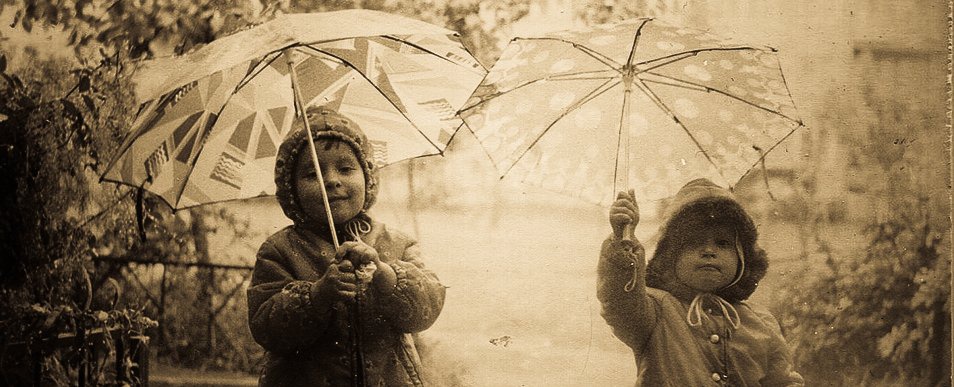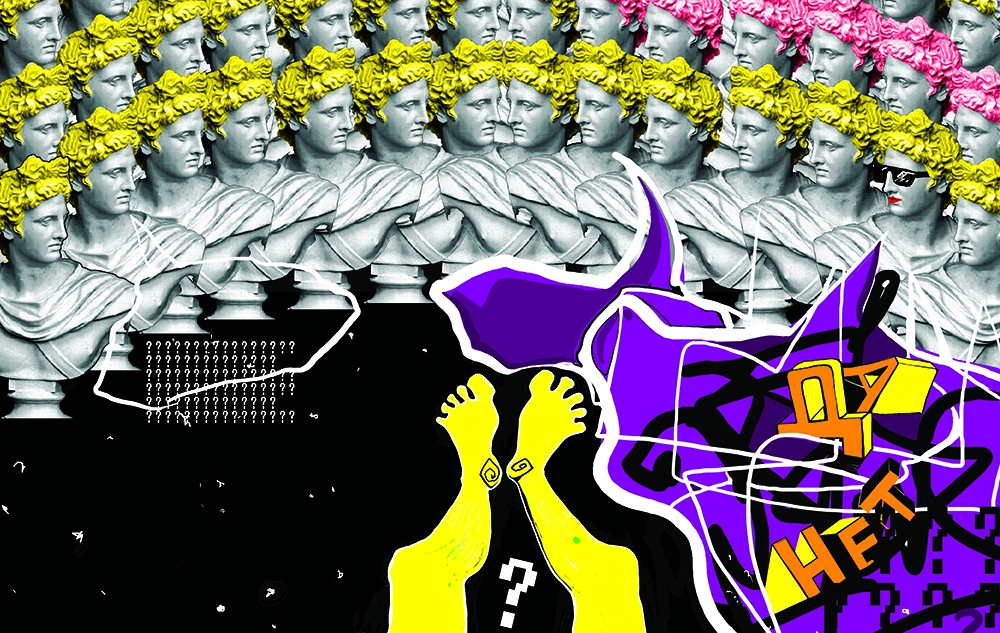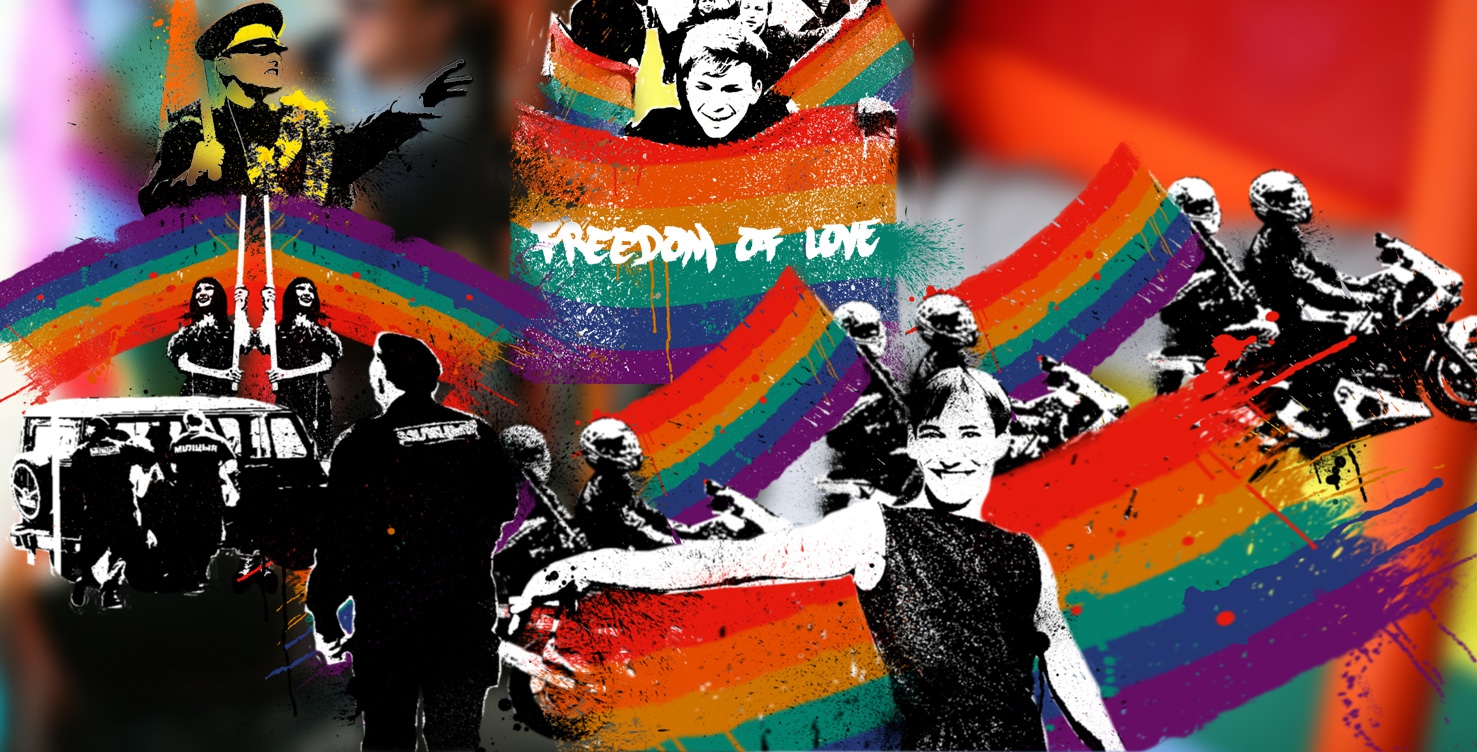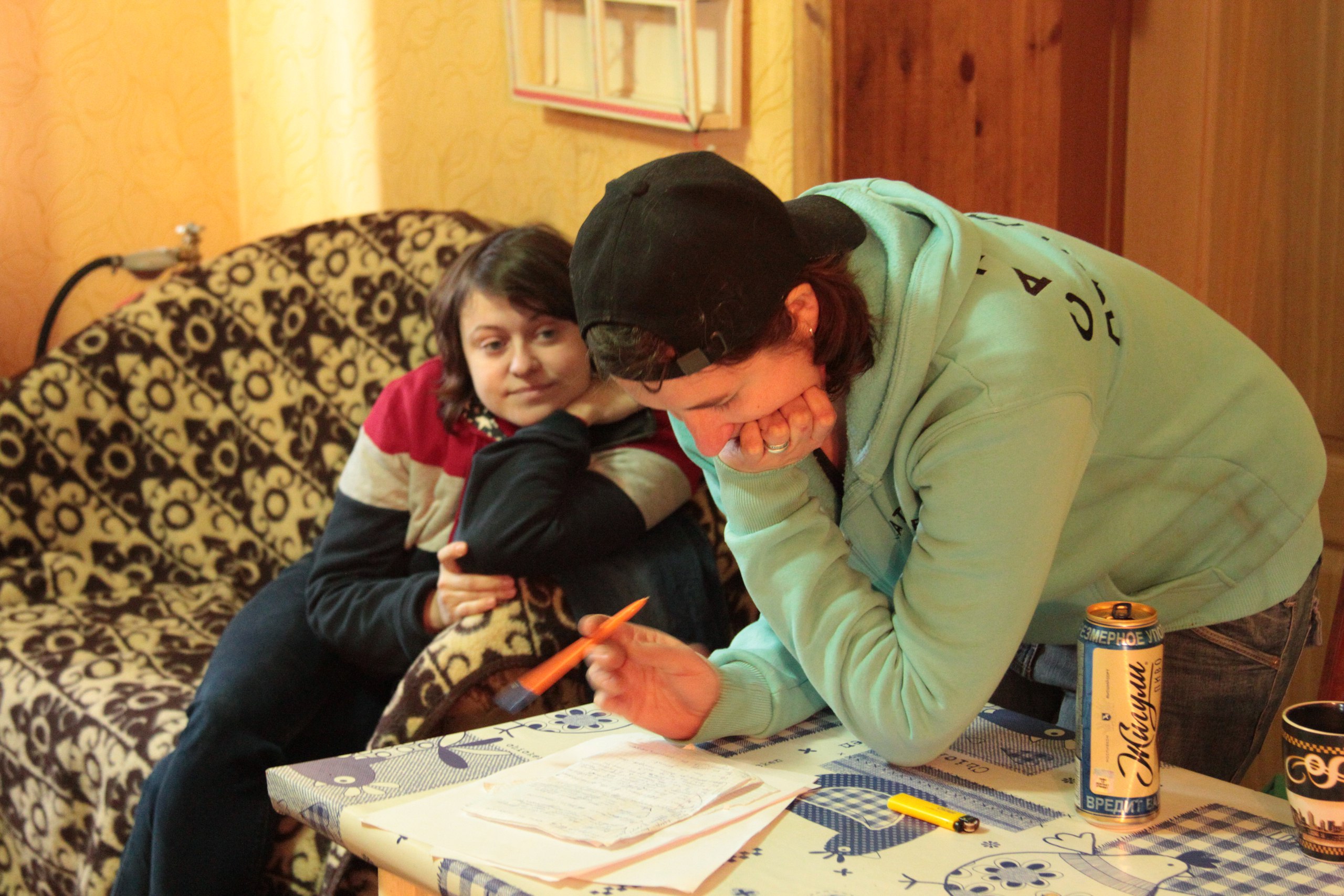On December, 9, 2014 the Minsk City Court considered a cassation appeal in Mikhail Pishchevsky’s battery case. Psychologist Polina Linnik comments on the public reaction to the tragedy.
What happened to Misha Pishchevsky, what went on in the aftermath of the attack, and еру public reaction makes one think about how malleable the human mind is. Maybe we need to realize how easily and inconspicuously a person’s personality can change in an unsafe situation, how the desire to live at all costs leads us to a moral death.
As long as we operate under the illusion that we can interact with any situation and remain unchanged, having detached ourselves, or continue living as if nothing had happened, we are vulnerable.
To understand how it happens, let us turn to works by Viktor Frankl and Bruno Bettelheim. Both scientists, both therapists who not only survived the concentration camps during the Second World War but both independently analyzed their experience and developed their own system of personality preservation. Bruno Bettelheim’s Informed Heart and Viktor Frankl’s Psychologist in a Concentration Camp both give us a clear idea of how people subjected to exposure and humiliation lost their will to live.
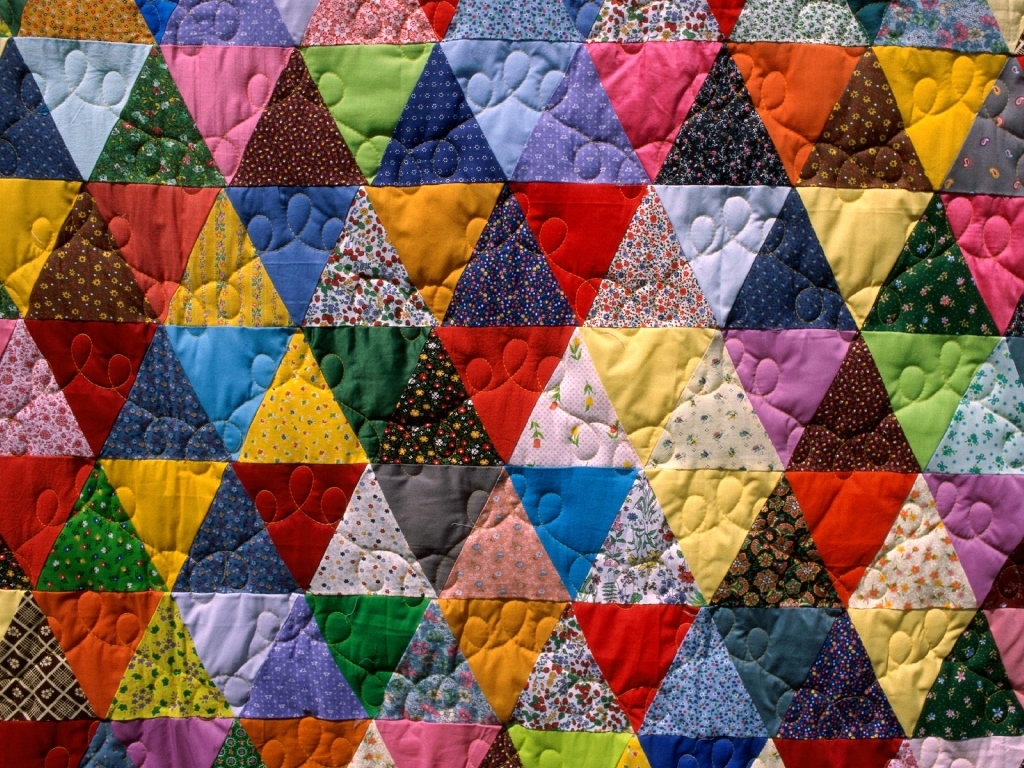
www.missyuan.com
They lost it gradually, unwittingly. Denying what was happening, believing that it was all a mistake, that it was not for long and if they worked hard they would be released, not killed. They lost hope without resisting, they accepted all humiliation without showing even the slightest disobedience. The same people who were initially prepared to fight not only for their lives but for their possessions, who were unwilling to make the smallest concessions to keep their furniture, valuables, apartments, would after some time dig graves docilely and bury their fellow prisoners alive in them. Bettelheim cites a case in his book where 400 people went to die watched only by a couple of jailors without even trying to resist! When resistance to violence is impossible, one’s personality is destroyed, mental death is inevitable, one becomes profoundly indifferent to what others do with them. But initially it had been possible.
When we have no resources to fight, we are forced to comply. Supposedly, when we comply, we stop being responsible for what happens to us but can only perfect the skill of docility so that the Big Brother is happy with us.
Being in a subordinate position makes us look for excuses for our passivity. Those compromises subvert our trust in ourselves. Being dependent and helpless ultimately makes us believe in some sort of higher justice because it is the only thing that gives us hope for a relatively positive ending. The circle closes.
We read about a life pointlessly cut short, we see a punishment that is far from a match for the crime and we are overcome by fear, powerlessness, and anger. But how can we express what we feel? We look for ways to cope with it and choose what seems to be the safest: passivity, inaction. This reaction is common for children whose safety and life depend on adults (which means that children effectively have no choice). And that’s exactly what is being required from the LGBT community: be silent and do nothing, like children, keep on depending on the Big Brother.

www.wombatquilts.com
To prevent personality degradation, we need to preserve and maintain within ourselves the freedoms of thought and action, however minimal they are. Freedom of action and inaction is, according to Bettelheim, our deepest spiritual need. And even the most insignificant, symbolical capacity to act or refrain from action, not out of fear, but only of our own free will, will help us survive much more than passivity will.
The problems the LGBT community faces while trying to make the environment safer are so huge that many of us have started believing it too hard and dangerous to hold on to our freedom and to each other. Yes, we can partly relieve ourselves from the responsibility for what happens to us and around us, and leave it for others to do as they see fit, but will our choice be that of free will?
Criminals will commit crimes, murderers will murder, but nobody can make us give up on fighting for life, on expressing our will. And our duty—not to Misha but to ourselves—is not to close down but to create a different kind of safety.
We want to make sure that nothing like that happens to us or to our loved ones, that such crimes are not hushed up or masked by society and the state as misdemeanours. Complying with the status quo will inevitably lead to disintegration. When the state and society dominate us to the extent that even satisfying our simplest needs may bring us, like Misha, on the operating table, then the only way to survive is to change the status quo.
Totalitarian power has always dealt with undesirable social groups (Jews, Roma, LGBT, etc.) by resorting to discriminatory laws. The policy of exterminating undesirable people in Nazi Germany was only introduced after the assumed emigration hadn’t taken place, and got stronger due to their nearly complete lack of resistance. The prisoner made their first step towards the gas chamber outside the camp: the moment when they decided not to resist violence.










